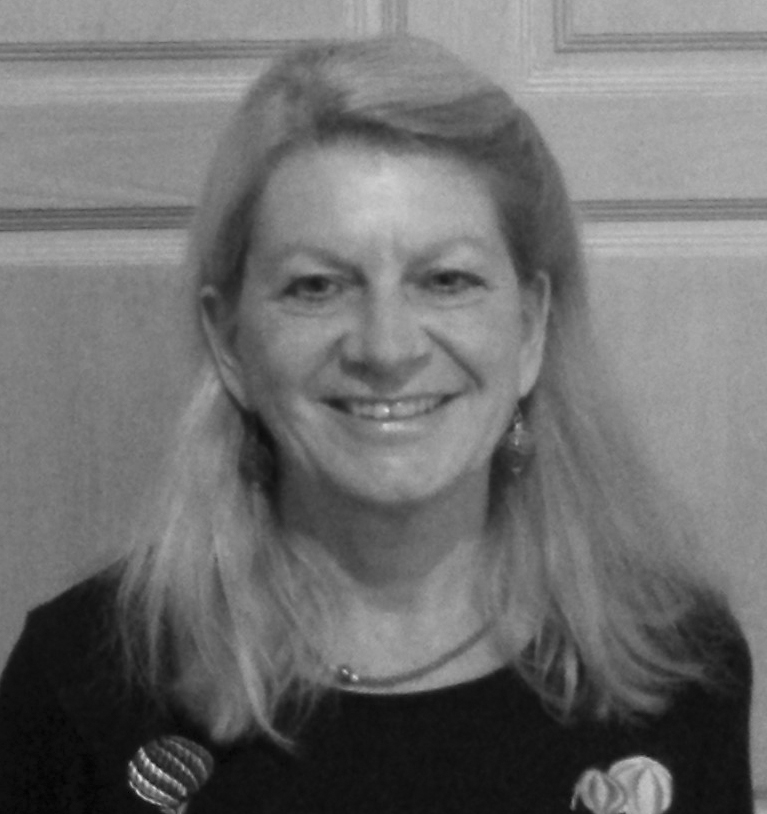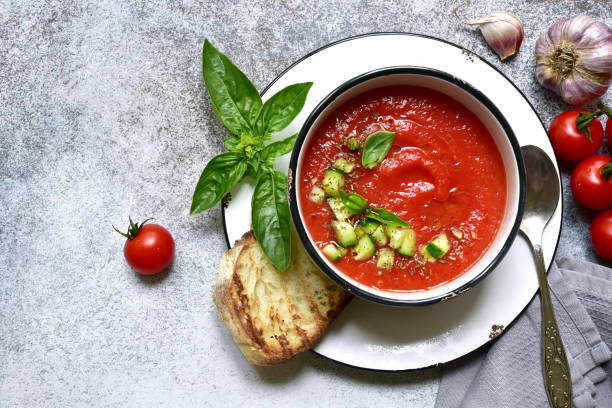14 July 2022
Heatwave Emergency!
Look after us!
By Lynda Goetz

For two years after I left university, back in the 70s, I lived in Sevilla in Andalucia, southern Spain. There, the heat was pretty unbearable in the summer months, regularly in the mid to high thirties. The bigger stores, offices and restaurants had air-conditioning, but most of the flats or apartments did not. In winter it was cold, and most homes had no central heating – only highly dangerous ‘brasseros’*, which families sat around, in possibly unwanted intimacy. Both situations were dealt with by the population as they arose, either by adding or removing layers of clothing, by walking on the shady side of the street, by staying in, going out or whatever was appropriate. None of it really excited much comment. Likewise, last week I was in Eastern Europe where the temperatures were up in the high thirties on several days. I was on a river cruise boat, mainly with over 60s. As we arrived in different countries, we got onto air-conditioned coaches then got off and walked around towns, cities, churches and local museums. Some of us even got onto our bikes and cycled around Belgrade when we reached Serbia. We took water with us and hats, sunglasses and sunscreen. Certainly, what we didn’t do was rush to the cruise organisers or Government apps for fatuous and obvious advice on how to deal with the conditions.
I arrived home to similar temperatures, screaming headlines and dire warnings (as well, of course, as political chaos). ‘Heatwave pushes NHS to ‘tipping point’, ‘Danger to life alert extended’, ‘Parents warned to keep children indoors as UK faces 33C heatwave’ etc, etc. There were even suggestions that schools may have to close (not again, surely?). The government’s emergency response unit, Cobra, has met to discuss the measures which might be needed should temperatures reach 40C at the weekend. The UK Health Security Agency (UKHSA, led by Dame Jenny Harries whose face became familiar to television viewers as she stood on the podium and made Covid pronouncements as Chris Whitty’s deputy) can declare a ‘level 4’ national emergency when weather is so extreme that ‘illness and death may result among the fit and healthy’. Are we really at such a point? Forecasts would seem to suggest that by the beginning of next week conditions will be more unsettled and temperatures will fall. Comparisons are being made with the summer of 1976, which readers of the Shaw Sheet will surely all remember. Then, there were 15 days of continuously high temperatures, water shortages and buckled rails, but no Cobra meetings.
Sir John Hayes, the Chairman of the Common Sense Group of Conservative MPs, said “This is not a brave new world, but a cowardly new world… the idea that we clamour for hot weather for most of the year and then shut down when it does heat up is indicative of the state in which we now live”. This theme was taken up by the journalist Philip Johnston in his commentary piece entitled ‘This heatwave hysteria epitomises the Tories’ fatal embrace of nanny statism’. Unfortunately, this idea that somehow we should be looking to the state for advice and support in every situation and circumstance is not limited to the UK. The reaction to the current heatwave in Europe does seem, like Covid, to be bringing out the interventionist elements in all governments. In Luxembourg, elderly and young children are being urged to not spend too much time outdoors, avoid physical activity and stay hydrated. In the Netherlands, where temperatures are expected to reach 40C, experts are urging people to stay indoors and shelter from the extreme heats outside. In France, National weather forecaster, Météo France, warned that the heatwave could be similar to that of 2003, when almost 15,000 mainly elderly people died as hospitals were overwhelmed. Health minister François Braun launched a free heatwave helpline and compared it to the coronavirus pandemic, as orange warnings were issued in seven French regions.
In this country the UKHSA was created during the pandemic. Is this body really needed or is it an organisation in search of a role, now that the pandemic is over? In reality, one would have expected that the bodies already existed to prepare for the possibility of a pandemic and yet when Covid hit it became painfully clear that whilst the research and modelling such as Exercise Cygnus and others had been carried out, little or nothing had been put in place to improve the country’s preparedness. Is UKHSA now simply another part of the burgeoning bureaucracy of the state? Philip Johnston raises this as an important question, given the current debates about taxation and spending going on in the Tory party now. As he points out, there are many who are very happy for this state intervention in their lives; many who could be working but won’t, supported by a welfare state which needs funding by those who are. This state of affairs however does not militate in favour low taxes – a paternalistic state needs to be paid for. The precautionary principle, which appears to guide modern European governments, leads to a surfeit of regulations and stifles individual enterprise. Risk becomes something few are prepared to take.
Even a brief visit to Eastern Europe highlights a number of issues related to these attitudes. Firstly, that although many have embraced capitalism with enthusiasm following the collapse of the Soviet Union, there are still those thirty years later who harbour a nostalgia for the days when life offered state-provided certainty and security; when you had a job, even if that job was pointless, repetitive and poorly remunerated; when you had a home, even if that home was a tiny flat which was freezing in winter and burning hot in summer; when you had a pension, even if that pension was limited; when everybody, apart from party officials of course, was in the same boat; when aspiration was impossible and free speech forbidden, but in return the state put ‘an arm around the nation’, in, rather scarily, Boris Johnson’s own words.
Seeing how long it has taken so many of these Eastern European countries to recover from the effects of communism and the deadening effects of ‘an arm around the nation’, we in this country should do all we can to reduce the size of the state, to limit the ever-increasing bureaucracy (including that in the NHS) and the flourishing welfare state and give back to individuals the power to decide how to spend their own earnings. Low taxation though is only possible with lower public spending. It is simply not possible to have high public spending and low taxation. Reducing public spending needs to start with a reduction in ‘nanny statism’ and endless irritating and fatuous ‘guidance’ as to how to conduct our day to day lives.
Perhaps, however, on the subject of the heatwave, the guidance of Andalusia’s regional health chief is worth considering. He told people to eat gazpacho as a traditional way of staying hydrated and keeping the body cool while avoiding heavy meals. “It’s got everything you need to avoid heat stroke” said Jesús Aguirre. (No slaving over a hot stove either and no electricity costs – you should never use a blender, a passe-purée gives a far more interesting consistency).
*Originally these were just buckets of coals or wood, surrounded by a platform on which to rest your feet, put under a round table covered with a heavy cloth which you put over your knees. By the time we were offered this as the only form of heating in our flat it tended to be an electric heater used in the same way. All forms were fire hazards!


